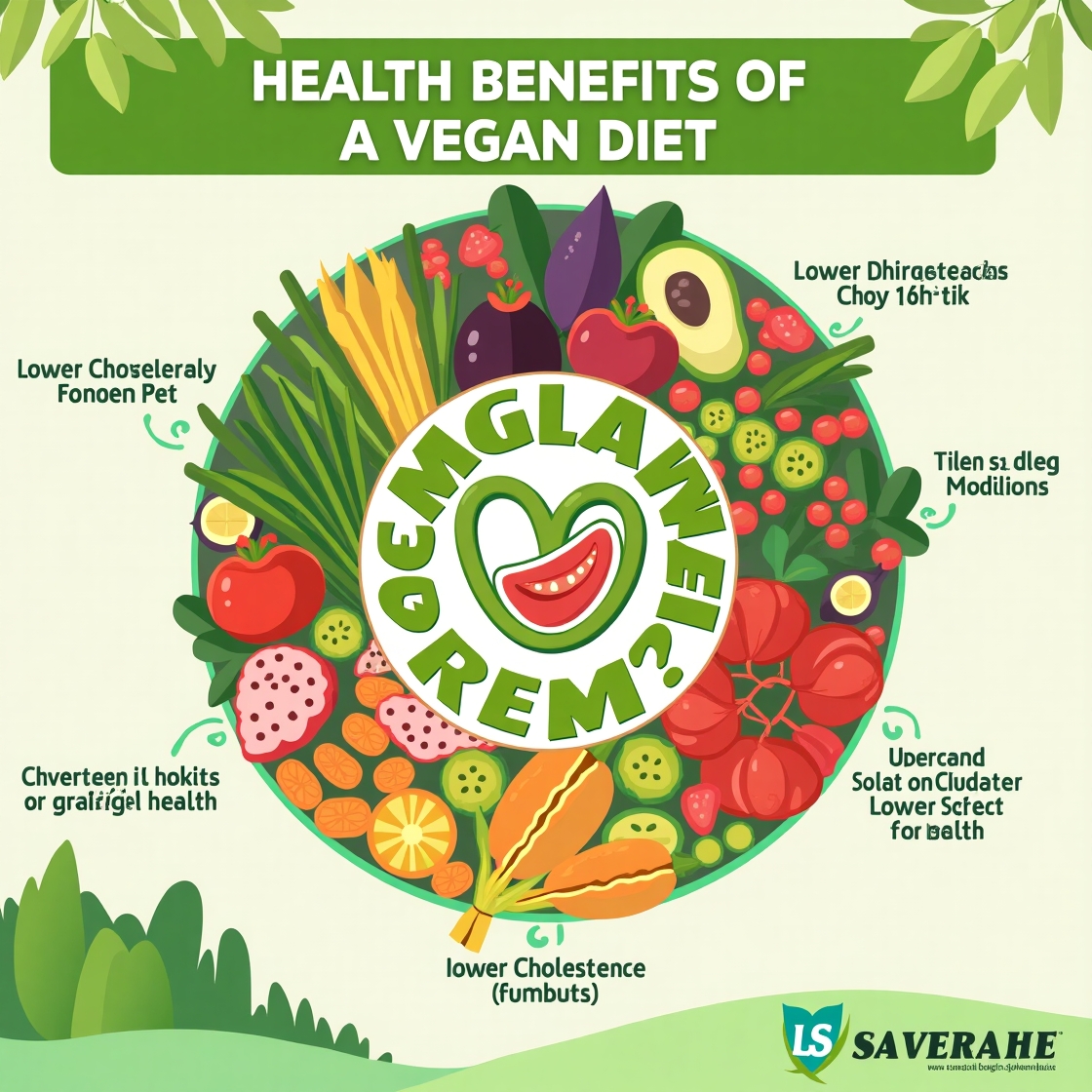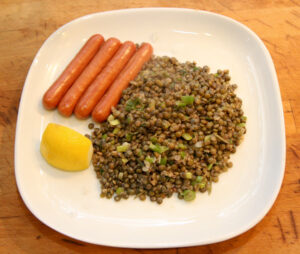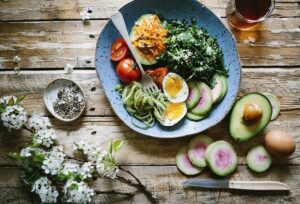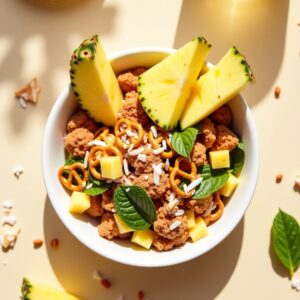Best Protein Sources for Vegans and Vegetarians

When I first decided to embrace a plant-based lifestyle, one of the most common questions I encountered was, “But where do you get your protein?” It’s a question that many vegans and vegetarians face, often accompanied by a look of genuine concern. The truth is, there are plenty of protein-rich foods available to those who choose to forgo meat. The best protein sources for vegans and vegetarians are not only abundant but also delicious and versatile.
Understanding Protein Needs
Before diving into the best protein sources, it’s important to understand why protein is essential. Proteins are the building blocks of life, crucial for repairing tissues, producing enzymes, and supporting immune function. While the average adult needs about 46-56 grams of protein per day, this can vary based on factors like age, activity level, and overall health goals.
The Power of Plant-Based Proteins
Contrary to popular belief, you don’t need to consume animal products to meet your protein needs. Plant-based proteins are not only sufficient but also come with added health benefits, such as fiber, vitamins, and minerals. Plus, they tend to be lower in saturated fats and cholesterol, making them heart-friendly options.
Legumes: The Unsung Heroes
Legumes are a staple in many vegan and vegetarian diets, and for good reason. They are packed with protein, fiber, and essential nutrients. Lentils, chickpeas, black beans, and kidney beans are just a few examples of legumes that can be easily incorporated into meals.
I remember the first time I made a lentil stew. It was a chilly evening, and the hearty, warming dish was exactly what I needed. Not only was it comforting, but it also provided a substantial amount of protein, keeping me full and satisfied.
Tofu and Tempeh: Versatile and Nutritious
Tofu and tempeh are soy-based products that are excellent sources of protein. Tofu, often referred to as bean curd, is incredibly versatile and can be used in a variety of dishes, from stir-fries to smoothies. Tempeh, on the other hand, has a firmer texture and a nutty flavor, making it perfect for grilling or adding to salads.
I once hosted a barbecue where I served marinated tempeh skewers alongside traditional meat options. To my surprise, the tempeh was a hit, with even the most ardent meat-eaters reaching for seconds. It was a testament to the delicious potential of plant-based proteins.
Quinoa: The Complete Protein
Quinoa is often hailed as a superfood, and for good reason. It’s one of the few plant-based foods that is a complete protein, meaning it contains all nine essential amino acids. This makes it an excellent choice for vegans and vegetarians looking to boost their protein intake.
I love using quinoa as a base for salads or as a substitute for rice in various dishes. Its light, fluffy texture and slightly nutty flavor make it a versatile ingredient that pairs well with a variety of flavors.
Nuts and Seeds: Small but Mighty
Nuts and seeds may be small, but they pack a powerful protein punch. Almonds, walnuts, chia seeds, and flaxseeds are all excellent sources of protein and healthy fats. They can be added to smoothies, oatmeal, or enjoyed as a snack on their own.
I often keep a jar of mixed nuts and seeds on my desk for a quick, protein-rich snack during the day. It’s a simple way to keep my energy levels up and avoid the afternoon slump.
Seitan: The Wheat-Based Wonder
Seitan, also known as wheat meat, is a high-protein meat substitute made from gluten. It has a chewy texture and can be flavored to mimic various types of meat, making it a popular choice for those transitioning to a plant-based diet.
I was initially skeptical about seitan, but after trying it in a stir-fry, I was hooked. Its ability to absorb flavors and its satisfying texture make it a fantastic addition to any meal.
Personal Insights and Real-World Examples
Transitioning to a plant-based diet has been a journey of discovery for me. I’ve learned to appreciate the diversity of flavors and textures that plant-based ingredients offer. It’s like painting with a new palette of colors—each ingredient brings its unique hue to the dish.
I remember a dinner party I hosted where I served a variety of plant-based dishes, including a quinoa salad, tofu stir-fry, and lentil soup. My guests, many of whom were not vegan or vegetarian, were pleasantly surprised by the variety and flavor of the dishes. It was a reminder that plant-based eating can be both nourishing and delicious.
Conclusion
Exploring the best protein sources for vegans and vegetarians has been a delightful journey of discovery. Not only have I found ways to meet my nutritional needs, but I’ve also expanded my culinary horizons. Whether you’re a seasoned vegan or just curious about plant-based eating, I hope this guide inspires you to get creative in the kitchen. Remember, the best meals are those made with love and a dash of adventure. Happy cooking!
FAQs on Best Protein Sources for Vegans and Vegetarians
1. Can vegans and vegetarians get enough protein from their diet?
Absolutely! There are plenty of plant-based protein sources such as legumes, tofu, tempeh, quinoa, nuts, and seeds that can help meet protein needs.
2. Are plant-based proteins complete proteins?
While most plant-based proteins are not complete proteins, combining different sources, such as beans and rice, can provide all essential amino acids. Quinoa and soy products are examples of complete plant-based proteins.
3. How can I incorporate more protein into my vegan or vegetarian diet?
Incorporate a variety of protein-rich foods into your meals, such as adding beans to salads, using tofu in stir-fries, or snacking on nuts and seeds.
4. Is it necessary to use protein supplements on a vegan or vegetarian diet?
While it’s possible to meet protein needs through whole foods, some individuals may choose to use protein supplements for convenience or to meet higher protein requirements.
5. Can children and athletes thrive on a vegan or vegetarian diet?
Yes, with careful planning, children and athletes can thrive on a vegan or vegetarian diet. It’s important to ensure they receive adequate nutrients, including protein, iron, calcium, and vitamin B12.
Share this content:

A seasoned chef with over 10 years of experience in New York. I passionately share my journey and healthy, flavorful recipes online.












Post Comment